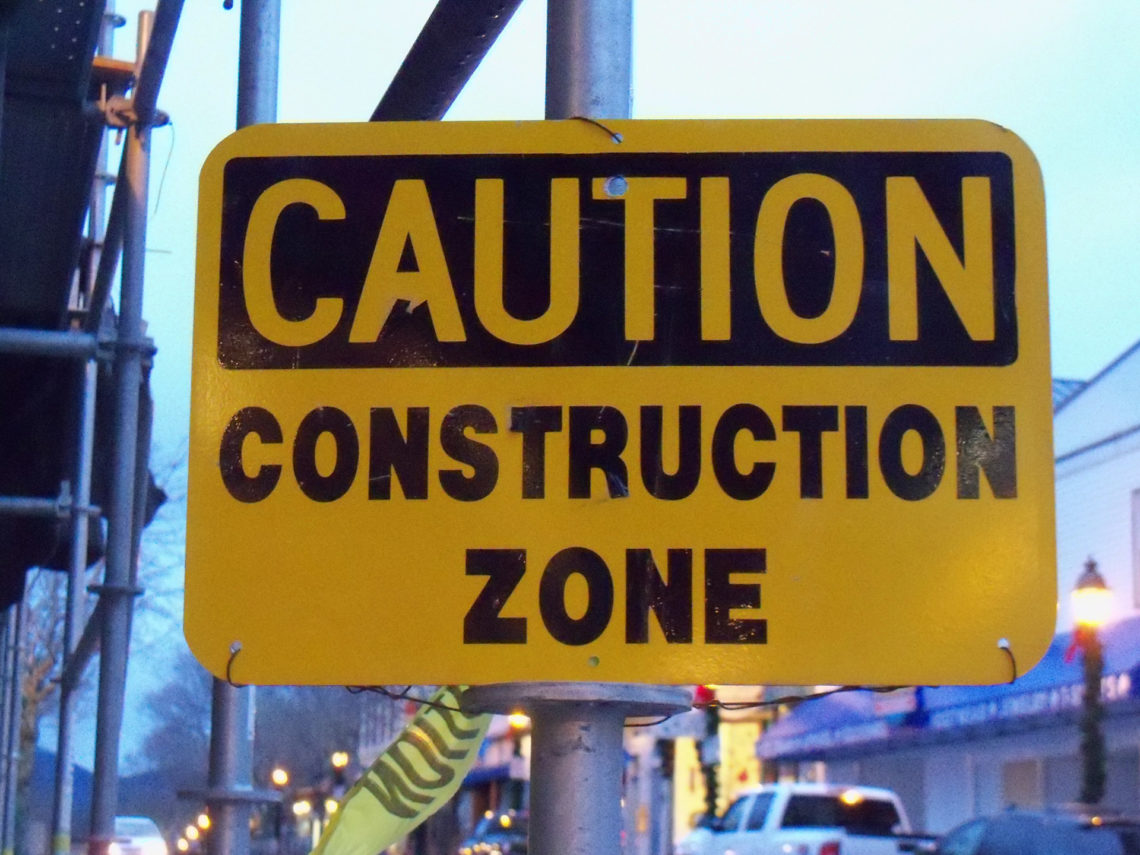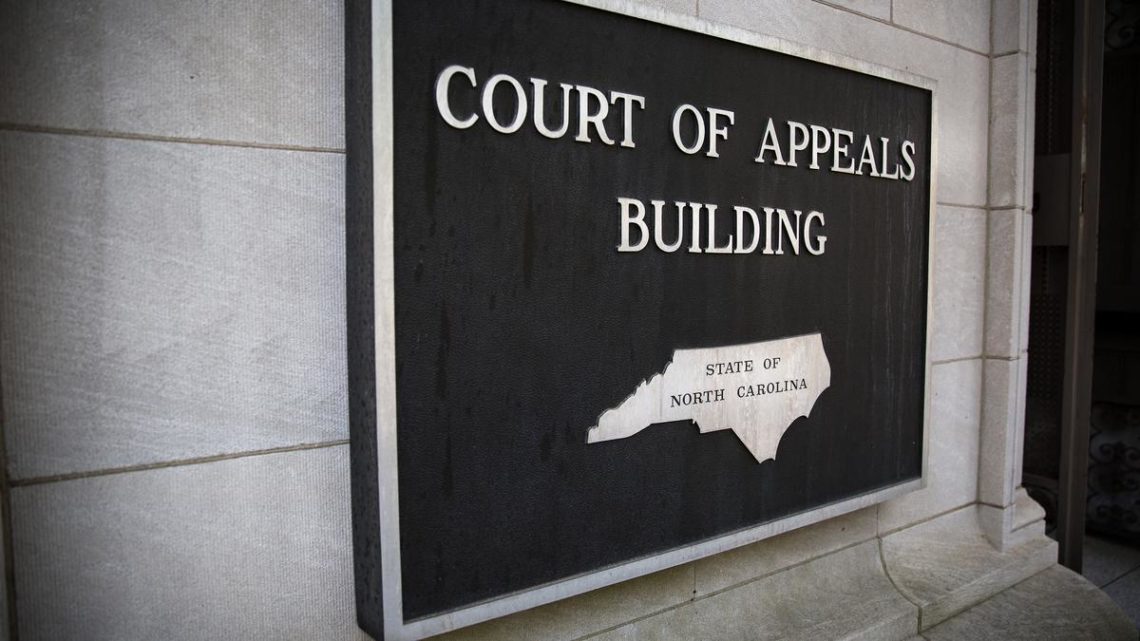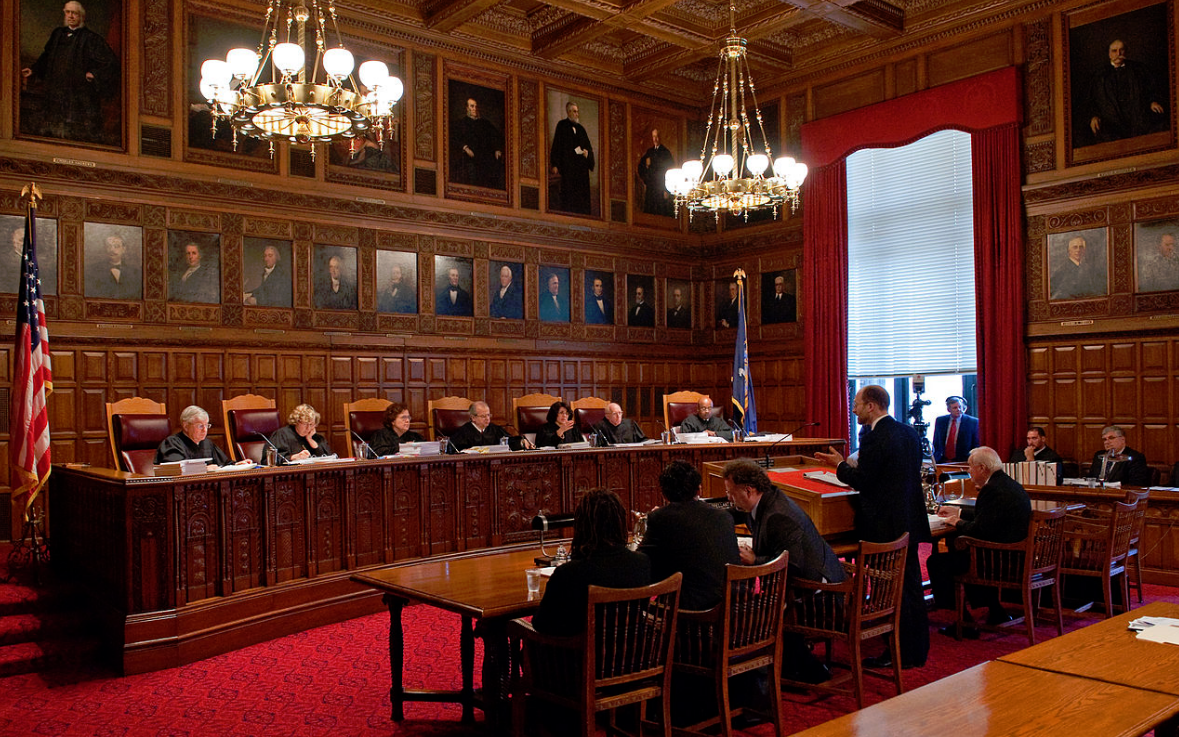ABC Seller agrees to sell 100 widgets to XYZ Buyer for $10 per widget. This agreement creates a contract, which largely governs the rights and obligations of ABC Seller and XYZ Buyer. However, contracts such as this often impact additional entities or individuals beyond the parties themselves. For example, ABC Seller may need to contract with a manufacturer, who in turn may need to contract with components manufacturers, to honor XYZ Buyer’s order. ABC Seller and/or XYZ Buyer may need to contract with a shipping company to deliver the widgets. To the extent XYZ is selling the widgets to an end user, the end user will also benefit from the…
-
-
TORTIOUS INTERFERENCE WITH CONTRACT
Last week, Lindley Law discussed the elements of tortious interference with expected inheritance, which can occur when an individual maliciously interferes with the making or revocation of a will to the detriment of the plaintiff. This blog will address a similar but distinct tort: tortious interference with contract. The Elements In North Carolina, to prove tortious interference with expected inheritance, a plaintiff must allege: A valid contract existed between the plaintiff and a third party, which conferred contractual rights upon the plaintiff against the third party; The defendant had actual knowledge of the contract between the plaintiff and the third party; The defendant intentionally induced the third…
-
A PRIMER ON CONSTRUCTION LIENS
What is a Construction Lien? The construction industry is largely governed by contracts. A property owner contracts with a general contractor to make improvements to the real property; the general contractor contracts with subcontractors to perform the various tasks required to make such improvements (e.g., grading, bricklaying, etc.); the general contractor and/or the subcontractors contract with suppliers to haul materials and equipment to and from the job site. A mechanics’ lien (or construction lien) provides any party involved in the improvement of the real property with a means of collecting payment. This means of collection exists in addition to other remedies, such as breach of contract. As a…
-
UNJUST ENRICHMENT
Party A and Party B enter into a contract. Party A will perform a service for pay from Party B. Party A performs the agreed-upon services, but Party B refuses to pay. What happens? As most of us know, Party A can sue Party B for breaching the contract. But what happens if there is no contract? A common example is Party A and Party B execute a contract for Party A’s services in exchange for Party B’s payment. Party A performs the services and Party B provides timely payment in full. The Parties then execute a second contract for the same services in exchange for the same payment. …
-
INTERSAL, INC. v. SUSI H. HAMILTON, et al.: a Separate Battle over Pirates and Treasure
In another case distinct from last week’s shipwreck blog post, salvage company Intersal, Inc. (“Intersal”) seeks to overturn a decision in favor of the North Carolina Department of Natural and Cultural Resources (the “NCDNCR”), the Secretary for the NCDNCR, the State of North Carolina, and the now-dissolved non-profit company Friends of Queen Anne’s Revenge (“FQAR”). Unlike the previous blog post, which addressed alleged copyright infringement, the litigants to the instant dispute are debating the enforceability of two contracts between the parties, whether the NCDNCR breached those contracts, and whether FQAR induced NCDNCR’s alleged breach. The Permits In 1994, the NCDNCR granted two permits to Intersal to search for…
-
Twelve Causes of Action That May Accompany a Breach of Fiduciary Duty Claim
Several causes of action may be pled in conjunction with a claim for breach of fiduciary duty, depending on the facts and circumstances surrounding the case. Attorneys should consider the following claims when filing a breach of fiduciary duty cause of action and determine which, if any, also apply to their clients: 1. Constructive Fraud Constructive Fraud occurs when a person or entity gains an unfair advantage over another through unjust means, usually by lying or omitting important details. Constructive fraud differs from actual fraud because the elements of constructive fraud do require intent, or actual…
-
North Carolina Court of Appeals Clarifies Reach of Clerk of Court’s Original Jurisdiction
A recent decision by the North Carolina Court of Appeals reinforced the distinction between claims over which the trial divisions have original jurisdiction and claims which are properly brought before the Clerk of Court.[1] In Morgan-McCoart v. Matchette, an elderly woman, Ms. Simpson, created a revocable trust and executed a Durable Power of Attorney in 2008. Her daughter, Julie, was named as her trustee and attorney-in-fact, and her other daughter, Claudia, was named as the alternate trustee and attorney-in-fact. Ms. Simpson was declared incompetent in 2009. Julie lived in California, making it difficult to fulfil her duties. Accordingly, Julia…
-
Deceptive Conduct Likely Needed to Transform a Breach of Contract Claim to Unfair and Deceptive Trade Practice
While unfair and deceptive trade practice claims are sometimes alleged concurrently with breach of contract claims, a breach of contract alone does not constitute an unfair or deceptive trade practice. To prevail on both a breach of contract claim and an unfair and deceptive trade practice claim, North Carolina and federal courts require the breach to be accompanied by “substantial aggravating circumstances.” However, courts have provided little to no guidance on what amounts to substantial aggravating circumstances. A recent decision by the U.S. District Court for the Eastern District of North Carolina provides some insight.[1] Judge Flanagan indicated that, to be successful on both an…






